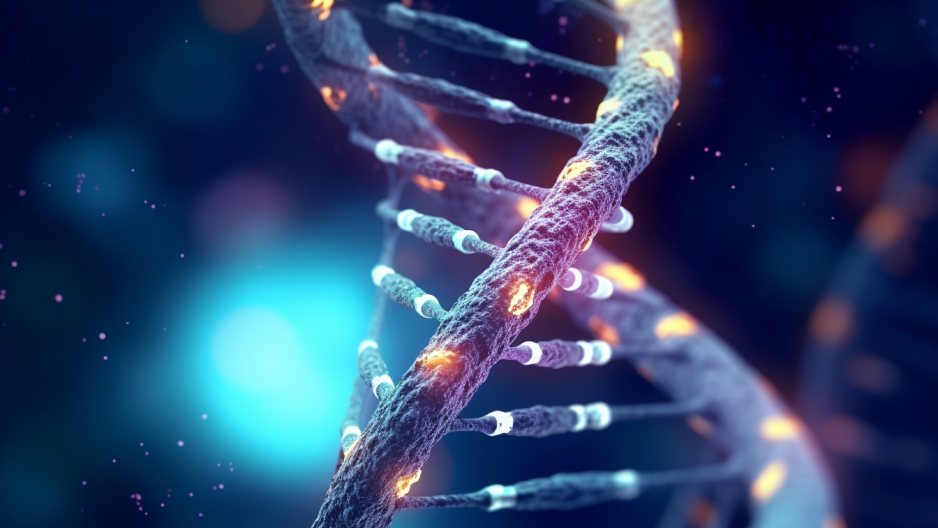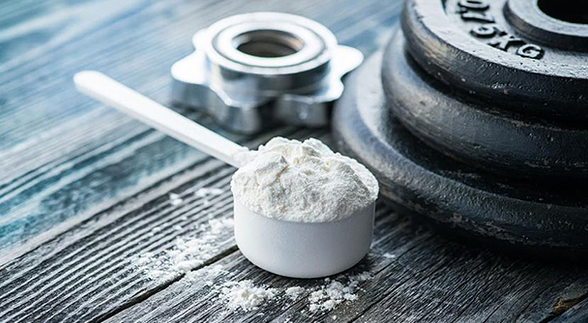Epigenetic Alterations: Another Culprit of Aging
It is critical to note that epigenetic alterations are highly reversible factors and can be influenced by lifestyle, nutrition, and other factors.

Diving in:
Your body is always at work regulating gene expression, and the process of aging can affect the epigenetic alterations in your body. These alterations play a critical role in how genes work and how they interact with other cells in your body. But what exactly are epigenetic alterations, and how do they impact aging? Bottom line is that epigenetic alterations are changes to our DNA that affect gene expression and can cause a range of health concerns if the process is not controlled.
In this blog post, we will dive deep into the science behind epigenetic alterations, their causes, and how they can lead to disease. We'll also explore the cutting-edge therapies and dietary supplements that promise to correct or stabilize epigenetic alterations and help you achieve a healthier life span.
What is it? :
Epigenetic alterations are changes in our DNA that affect gene expression, leading to an increased risk of various diseases and health conditions. These alterations are believed to be a natural part of aging and are caused by a range of factors, including environmental pollutants, poor diet, stress, and lack of exercise. As we age, our bodies become less efficient at repairing these alterations, leaving us more vulnerable to disease and declining health.
Why does it happen? :
Epigenetic alterations occur when there is a change in the way genes are expressed without adjusting the DNA sequence. These alterations are believed to be a natural part of aging and are caused by a range of factors, including environmental pollutants, poor diet, stress, and lack of exercise. As we age, our bodies become less efficient at repairing these alterations, leaving us more vulnerable to disease and declining health. Additionally, these alterations can result in skin changes, including wrinkles, sagging skin, hair loss and decreased collagen production.
How is it Critical for your Health Span? :
It is critical to note that epigenetic alterations are highly reversible factors and can be influenced by lifestyle, nutrition, and other factors. Several cutting-edge therapies hold the promise of harnessing the body's own ability to reverse epigenetic alterations and restore a more youthful gene expression profile. One such therapy is CRISPR-Cas9, a gene-editing tool that enables scientists to target and modify specific genes associated with the disease. Another therapy is Epigenetic Alteration Modulators (EAM), which work by inhibiting or enhancing methylation or acetylation of the DNA, which stabilizes epigenetic alterations.
In addition to these therapies, several dietary supplements have shown promise in supporting healthy aging by preventing or correcting epigenetic alterations. Two of the most exciting supplements in this regard are resveratrol and Sulforaphane. Resveratrol is a compound found in red wine and grapes that has been shown to activate certain genes, is known to rejuvenate aging cells and identify gene expression patterns. Sulforaphane, on the other hand, comes from broccoli and other vegetables and studies have shown that is can slow and even block uncontrolled mutations in DNA that can lead to cancer.
Concluding Remarks:
Epigenetic alterations are critical drivers of both aging and disease. Fortunately, several promising interventions can help ensure that these alterations do not lead to negative health outcomes. Whether it's through cutting-edge therapies like CRMs and Epigenetic Reprogramming or dietary supplements like Resveratrol and Sulforaphane, we now have the ability to turn back the clock on cellular aging and promote health span. By adopting more active, healthier lifestyles and incorporating effective interventions, the chances of achieving a longer and healthier lifespan are higher. So it is time to take the crucial step to address these factors to maintain a healthy and happy life.




